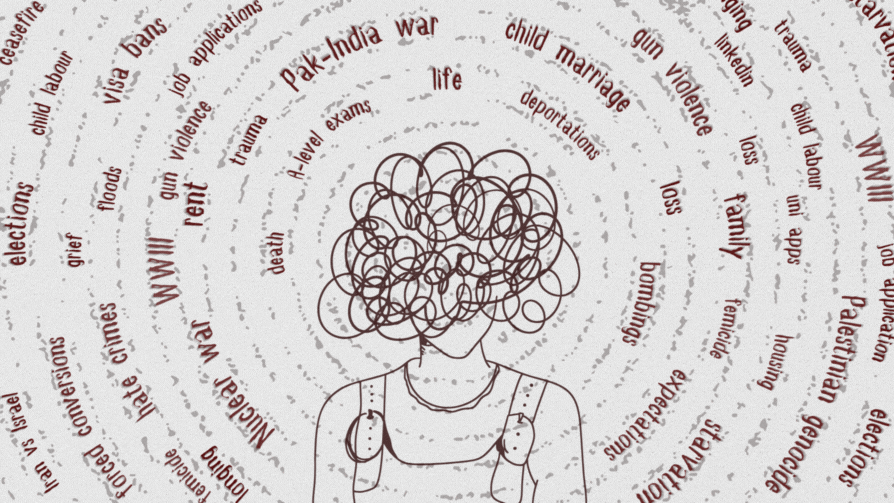Audience will forgive technical mistakes if you tell a story honestly, says Adnan Sarwar at PIFF panel
The panel discussion on the topic ‘Genre busters: exploring new genres in film’ on the second day of the inaugural Pakistan International Film Festival (PIFF) at Ziauddin University could have been more fruitful had the moderator tried to talk less about the subject he had ‘researched’ on and more about the works that the likes of S.S. Rajamouli, Vinay Pathak and Nandita Das have done. Also, it would have helped a great deal if the programme started on time. But let’s give the organisers of the event the benefit of the doubt: it’s early days for them.
Speaking on the subject, the producer of Baahubali 2, one of the most commercially successful films of India, Shobu Yarlagadda said usually in India there were three kinds of genres [in film-making]: action, comedy and drama. Though it is difficult to define ‘genre’, there is a distinction in India between commercial and niche cinema. Baahubali 2 was a mass blockbuster enjoyed by people of all age groups. It’s a mainstream film.
The director of the same film S.S. Rajamouli said it all depends upon what kind of story you are telling and the story you want to come out at whatever cost. In the case of Baahubali they were looking at the story, not at the genre. The intensity with which you want to tell the story also matters.
Actress and film-maker Nandita Das, responding to moderator Hashim Raza’s assertion about certain Hollywood trends in the past, asked what if a story doesn’t need a happy ending, what if doesn’t need a song and dance sequence. She pointed out every kind of work should be done. Mainstream will always be there, but the space for independent cinema is shrinking.

Das requested the festival organisers to showcase all kinds of films because India is not just Bollywood. Sometimes ‘labelling’ limits a film. Genres are fluid. There is an audience for all kinds of genres.
Pakistani film producer Sana Tauseef said we should admit that the audience in India has more acceptability towards all kinds of films. In Pakistan we need to own our films.
Pakistani film-maker Adnan Sarwar said he believes a film is either good or bad. It all comes down to how passionate you are about the story your telling. In India independent films are doing well, and content consumption has changed.
Sarwar said he can’t make a fancy film like they make in Bollywood. Our focus should remain: are we telling a story honestly. If you tell a story honestly, the audience tends to forgive [technical] mistakes in the film. In Pakistan, three crore is a big budget for a movie, but we can play safe, our content should have our identity. He told film lovers in the hall that his film Shah was made with (under) $100,000.
Indian actor Vinay Pathak said as a performer when he does a film the first thing he looks for is the story and script. If it is a well-written script, then there cannot be a weak character in it. You tell a story because you want to tell it, not because it will fetch you money. Whatever the medium, whatever the genre of the story is, you have to be honest. Baahubali is an example which touched so many people. Pathak also told the attendees that only Rs50 lakh were spent on his film Bheja Fry, which went on to become a commercially successful movie.
Das, reacting to the subject of content-driven low-budget films, argued while such films do come out, there are hundreds of scripts that don’t make it or are made into film because there are no takers for them. It [independent cinema] is still an uphill task. We should not worry about the scale of a film. The more local the stories, the more global they are. Cinema must reflect our social reality because although cinema cannot create a revolution, it does go into our subconscious.
Published in Dawn, March 31st, 2018










Comments